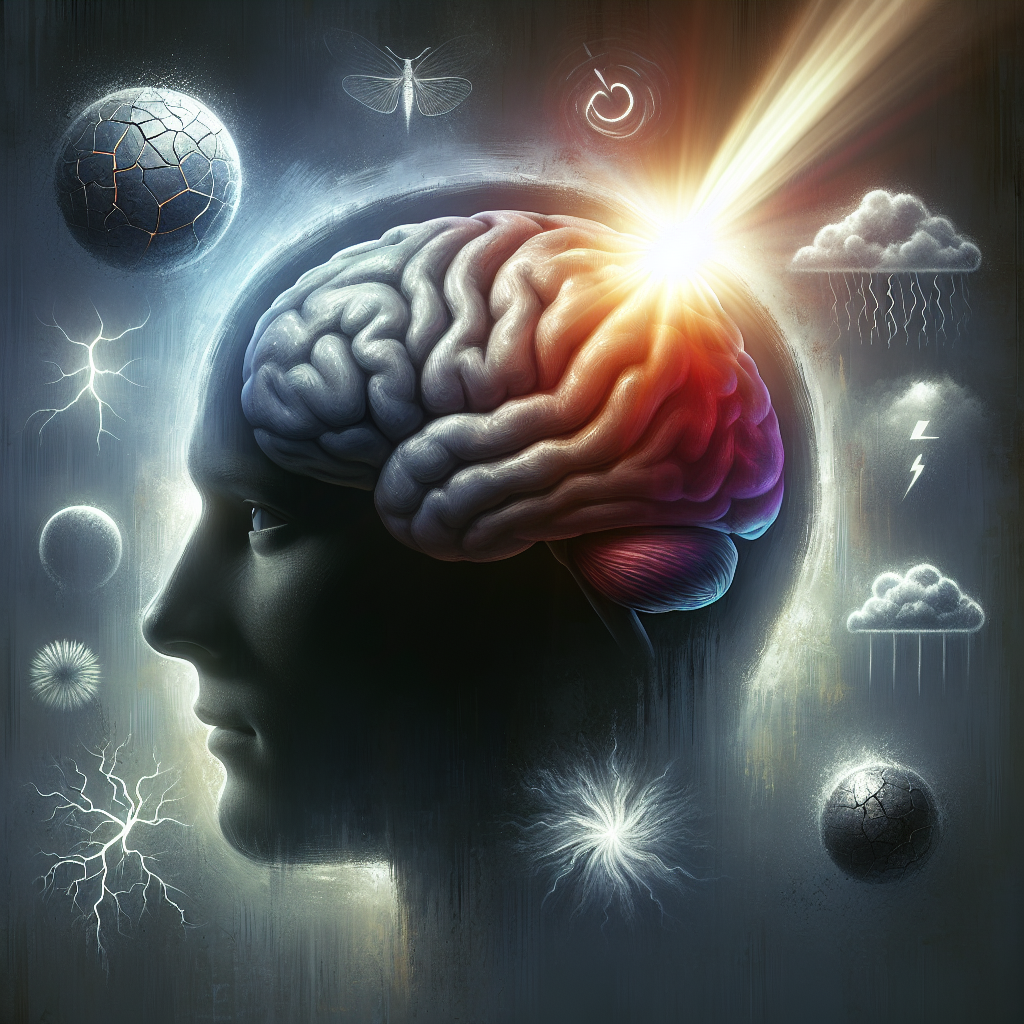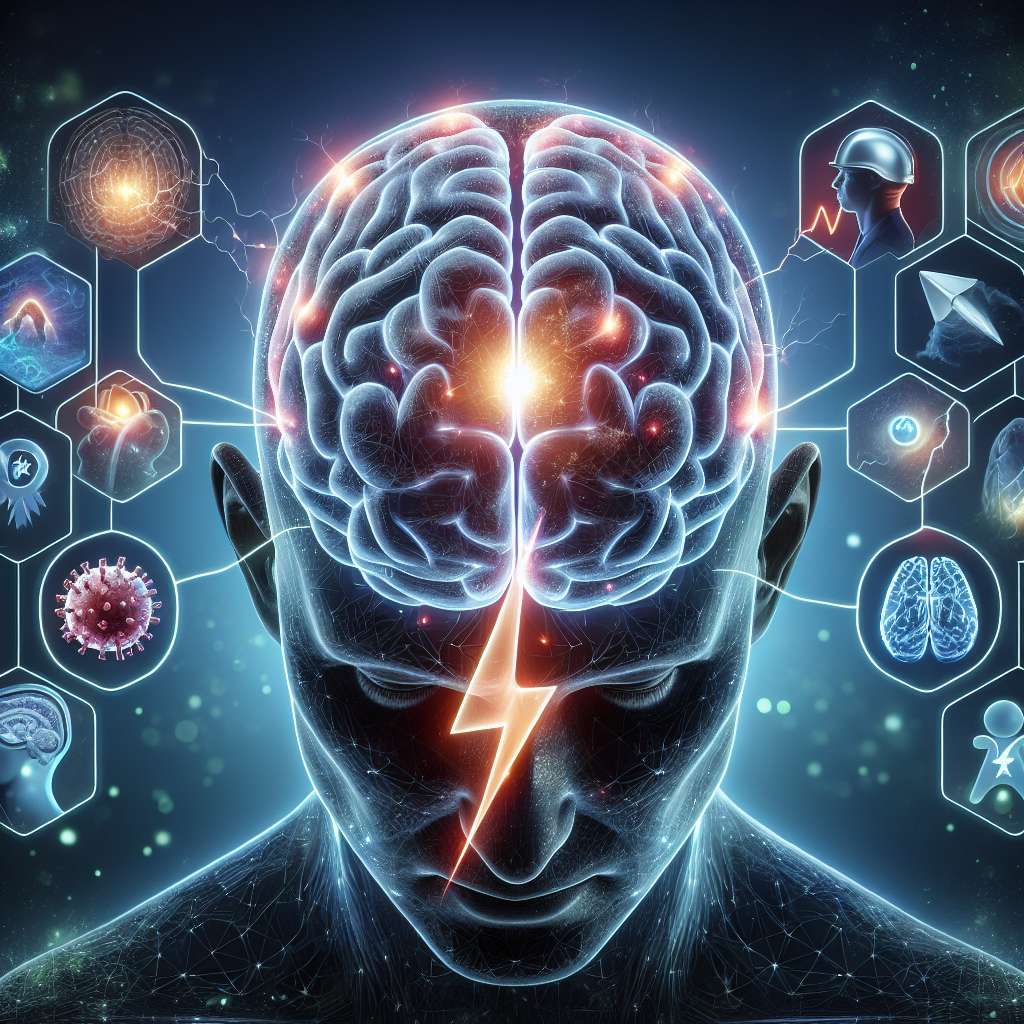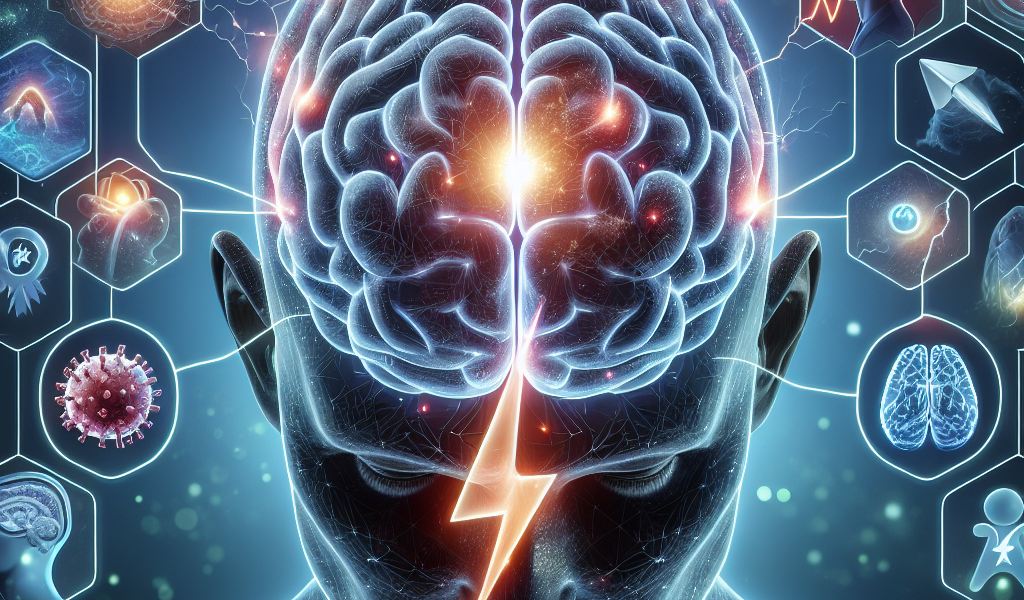What Conditions Or Disorders Can Benefit From Cognitive Rehabilitation Therapy?
Step into a world long dominated by both mystique and science – the realm of cognitive rehabilitation therapy. Remarkable and awe-inspiring, this involves a vital method of treatment designed to hone and improve cognitive abilities such as memory, attention, perception and problem-solving. In this captivating discussion, yours is the journey of discovering how cognitive rehabilitation can serve as a beacon of hope and improvement for a variety of conditions or disorders. From its potential to enhance stroke recovery to offering crucial support for brain injury patients, Alzheimer’s disease sufferers or those grappling with learning disorders, experience the unexpected horizons of healing that cognitive rehabilitation therapy offers. Prepare your mind to be expanded as it traces the paths that connect neuroscience and therapy in fascinating ways.

Understanding Cognitive Rehabilitation Therapy
Cognitive Rehabilitation Therapy, often abbreviated as CRT, is a therapeutic process designed to help those with cognitive deficits. These deficits can be due to traumatic brain injuries, stroke, or a host of neurological or mental health disorders. This therapeutic process focuses on enhancing functioning and independence, providing strategies and techniques to counteract or mitigate these deficits.
Definition of Cognitive Rehabilitation Therapy
Let’s narrow down on what Cognitive Rehabilitation Therapy really is. It’s a specialized therapeutic regimen, aimed at improving cognitive abilities that have been destabilized due to any form of brain injury or disorder. Cognitive abilities are the brain’s mechanisms to absorb, process, retain and use information. They are absolutely crucial for our everyday tasks like driving, writing, reading and more.
Key Principles of Cognitive Rehabilitation Therapy
Cognitive Rehabilitation Therapy revolves around some crucial principles. Primary among these is that therapy must be personalized, built around the individual’s specific cognitive difficulties and daily needs. Therapists combining cognitive retraining exercises, compensatory techniques, and adaptive strategies assists patients to regain or compensate for lost cognitive functions.
The Process of Cognitive Rehabilitation Therapy
Delving into the process of Cognitive Rehabilitation Therapy, you will discover that it’s built on systematic, sequential stages. Initially, you undergo cognitive and functional assessments to identify problem areas. Upon identifying your difficulties, a personalized therapy is designed. Regular re-assessments take place to track your improvements.
Traumatic Brain Injury
Traumatic Brain Injury, or TBI, should not be mistaken for just another head injury. It’s a condition where a sudden accident causes severe damage to your brain which can have far-reaching implications chances on your life.
Understanding Traumatic Brain Injury
TBI could be the result of a blunt force hitting your head or a foreign object penetrating your skull and damaging your brain. The impact can interfere with regular functioning of the brain, causing symptoms like unconsciousness, confusion, dizziness, mood changes, and memory problems, among others.
How Cognitive Rehabilitation Therapy Helps Traumatic Brain Injury Patients
Cognitive Rehabilitation Therapy has shown great promise for TBI patients. By addressing cognitive deficits specific to TBI, such as attention difficulties, memory issues, problem-solving dysfunction, Cognitive Rehabilitation Therapy focuses on enhancing the patient’s quality of life. It assists in personality preservation, helping you retain yourself amidst the challenges of a TBI.
Success Stories and Studies on Brain Injury and Cognitive Rehabilitation Therapy
Numerous success stories and clinical studies support the effectiveness of Cognitive Rehabilitation Therapy for TBI patients. Patients have reported improved memory, attention, and problem-solving abilities, leading to a better quality of life. Studies have also highlighted that patients participating in CRT showed significant cognitive improvements compared to those who did not receive therapy.
Alzheimer’s Disease
Tackling a condition like Alzheimer’s Disease, the most common cause of dementia, requires understanding its intricacies.
Overview of Alzheimer’s Disease
Alzheimer’s Disease, a neurological disorder, leads to memory loss and cognitive decline. It results from the death of nerve cells in the brain, impacting memory, thought processes, and behavior. Its progression varies, and it can last for many years, gradually worsening with time.
Role of Cognitive Rehabilitation Therapy in Alzheimer’s Disease
Cognitive Rehabilitation Therapy holds a significant role in managing Alzheimer’s. Although it cannot reverse the damage done to the brain, it helps patients function better despite their cognitive limitations. memory strategies, like reminder systems and visual aids, are among the many therapeutic tools at the disposal of a CRT therapist.
Research Findings: Cognitive Rehabilitation Therapy & Alzheimer’s Disease
Current research supports Cognitive Rehabilitation Therapy’s application in Alzheimer’s Disease. Studies have shown that CRT can help slow down the rate of cognitive decline, thereby improving the patient’s daily living activities. These studies stress the importance of early intervention to gain maximum benefits from CRT.

Stroke
When a stroke occurs, a part of the brain is deprived of blood, resulting in the loss of functions managed by that part. This can have dire implications.
Defining Stroke and Its Impact
A stroke is a sudden interruption of blood supply to a part of the brain. Depending on which area is affected, it can lead to paralysis, speech difficulties, memory and reasoning problems, among others.
Cognitive Rehabilitation Therapy for Stroke Survivors
Cognitive Rehabilitation Therapy can help stroke survivors regain much of their lost cognitive abilities. Preparing tailored programs targeting language, memory, attention and executive functions is a core part of this treatment, often yielding positive results.
Evidence of Effectiveness in Stroke Cognitive Rehabilitation Therapy
Many documented cases establish the effectiveness of Cognitive Rehabilitation Therapy post-stroke. Research suggests that patients who undergo CRT post a stroke show marked improvements in cognitive deficits. The key lies in timely initiation of therapy post-stroke.
Parkinson’s Disease
Next, let’s explore Parkinson’s Disease, a long-term degenerative disorder that tends to affect the motor system.
Understanding Parkinson’s Disease
Parkinson’s Disease is a neurodegenerative disorder characterized by symptoms like shaking, stiffness, impaired balance, and later, cognitive dysfunction. While it is more common in older persons, it may affect younger individuals as well.
How Cognitive Rehabilitation Therapy Benefits Parkinson’s Patients
Cognitive Rehabilitation Therapy can benefit Parkinson’s patients who experience cognitive decline. It aids in managing attention and memory issues. CRT also equips patients with new learning strategies to work around their cognitive deficits.
Studies Supporting Cognitive Rehabilitation Therapy in Parkinson’s Disease
Numerous studies underscore the effectiveness of Cognitive Rehabilitation Therapy for Parkinson’s. These studies found decreased symptoms and better cognitive performance among patients undergoing CRT, emphasizing its crucial role in managing Parkinson’s cognitive symptoms.
Multiple Sclerosis
Multiple Sclerosis is an autoimmune disease where the immune system attacks the protective covering of nerve fibres, causing communication problems between the brain and the rest of the body.
Examining Multiple Sclerosis
Multiple Sclerosis disrupts the flow of information within the brain and between the brain and the body. While its symptoms vary widely, common ones include fatigue, difficulty walking, muscle weakness, and cognitive changes.
Cognitive Rehabilitation Therapy’s Role in Multiple Sclerosis Treatment
For Multiple Sclerosis patients, Cognitive Rehabilitation Therapy is used to manage cognitive changes. By focusing on improving memory, attention span and problem-solving, CRT equips patients with the means to adapt and deal with day-to-day tasks despite their cognitive difficulties.
Research on Cognitive Rehabilitation Therapy & Multiple Sclerosis
Research shows that Cognitive Rehabilitation Therapy can assist Multiple Sclerosis patients to manage their cognitive challenges. Patients who undergo CRT have reported improved memory and cognitive functions, in addition to improvement in daily life activities.
Attention Deficit Hyperactivity Disorder (ADHD)
Attention Deficit Hyperactivity Disorder, widely known as ADHD, affects both children and adults with symptoms ranging from impulsiveness to difficulty in paying attention.
ADHD: An Overview
ADHD is a neurodevelopmental disorder causing hyperactivity, impulsiveness, and inattention. It may lead to problems at school, work and even personal life.
Use of Cognitive Rehabilitation Therapy in Managing ADHD
Cognitive Rehabilitation Therapy plays a significant role in managing ADHD. By using strategic techniques, such as developing routines and using reminders, CRT helps patients manage tasks effectively and improves their ability to function in their daily lives.
Evidence of Cognitive Rehabilitation Therapy Effectiveness for ADHD
Several studies support the idea that Cognitive Rehabilitation Therapy can help manage ADHD. Those undergoing CRT have reported improvements in regulating their attention span, controlling hyperactivity and impulsivity, thus improving their overall quality of life.
Autism Spectrum Disorder (ASD)
Autism Spectrum Disorder is a condition relating to challenges with social skills, repetitive behaviors, speech and nonverbal communication.
About Autism Spectrum Disorder
Autism Spectrum Disorder, referred to as ASD, is a complex developmental disorder. It includes conditions like autism and Asperger’s syndrome. Its symptoms range from mild to severe and affect each individual differently.
Cognitive Rehabilitation Therapy for ASD
Cognitive Rehabilitation Therapy can be beneficial for ASD patients. It enhances their abilities in areas like attention, memory, and executive functions, leading to improved social and behavioral skills.
Research Backing Cognitive Rehabilitation Therapy in ASD treatment
Research supports the use of Cognitive Rehabilitation Therapy for treating ASD. Documented findings show an improvement in the cognitive functioning and well-being of patients with ASD who undergo CRT.
Learning Disorders
Learning disorders can interfere with basic learning skills like reading and writing and impact comprehensive skills like interpreting and understanding information.
General Information on Learning Disorders
Learning disorders affect the way individuals understand, remember, and respond to information. They can make it difficult to master basic skills in reading, writing, and math. While they may persist into adulthood, early detection and treatment can significantly help manage their impacts.
Applying Cognitive Rehabilitation Therapy to Learning Disorders
Cognitive Rehabilitation Therapy can play an influential role in managing learning disorders. It provides techniques to improve memory, attention, perception and problem-solving abilities. CRT can help patients in overcoming learning barriers, thus advancing their academic performance.
Studies on Learning Disorders and Cognitive Rehabilitation Therapy
Research shows that Cognitive Rehabilitation Therapy can be very effective for those with learning disorders. Studies show that when CRT was applied, individuals showed remarkable improvements in their learning capabilities and academic performances.
Schizophrenia
Schizophrenia, a chronic brain disorder, can play havoc with your perception of reality, thoughts, emotions, and behaviors.
Understanding Schizophrenia
Schizophrenia is a severe mental disorder, affecting the way a person thinks, feels, and acts. It can trigger delusions, hallucinations, and a variety of other cognitive issues, greatly hindering the affected individual’s quality of life.
Role of Cognitive Rehabilitation Therapy in Schizophrenia Management
Cognitive Rehabilitation Therapy can help manage schizophrenia by improving cognitive deficits. CRT can help individuals cope with daily activities and enhance their ability to work, socialize, and live independently.
Scientific Evidence of Cognitive Rehabilitation Therapy’s Impact on Schizophrenia
Studies provide comprehensive evidence backing the role of Cognitive Rehabilitation Therapy in managing schizophrenia. Therapeutic interventions focusing on individual cognitive deficits have led to improved memory, attention, and problem-solving abilities among those living with schizophrenia.

